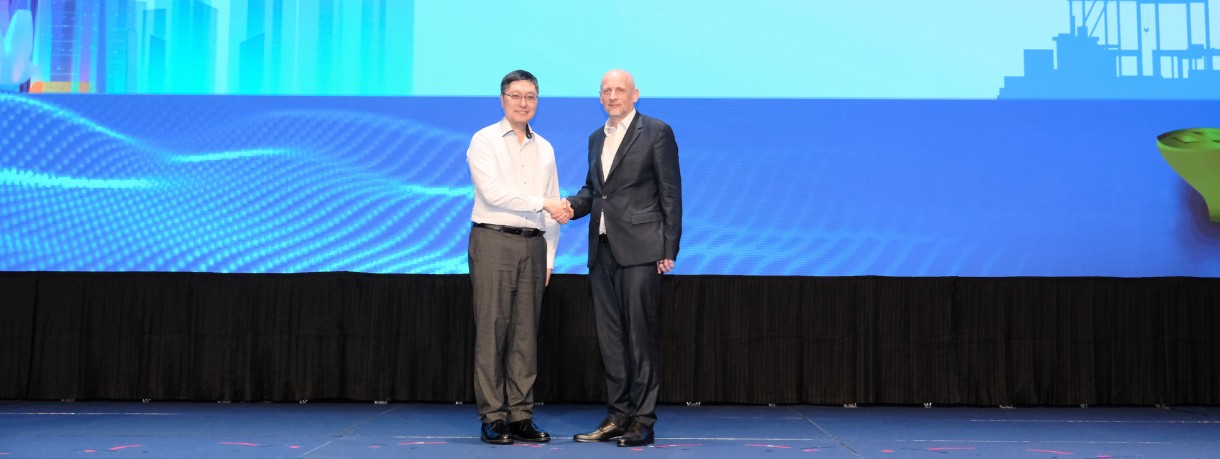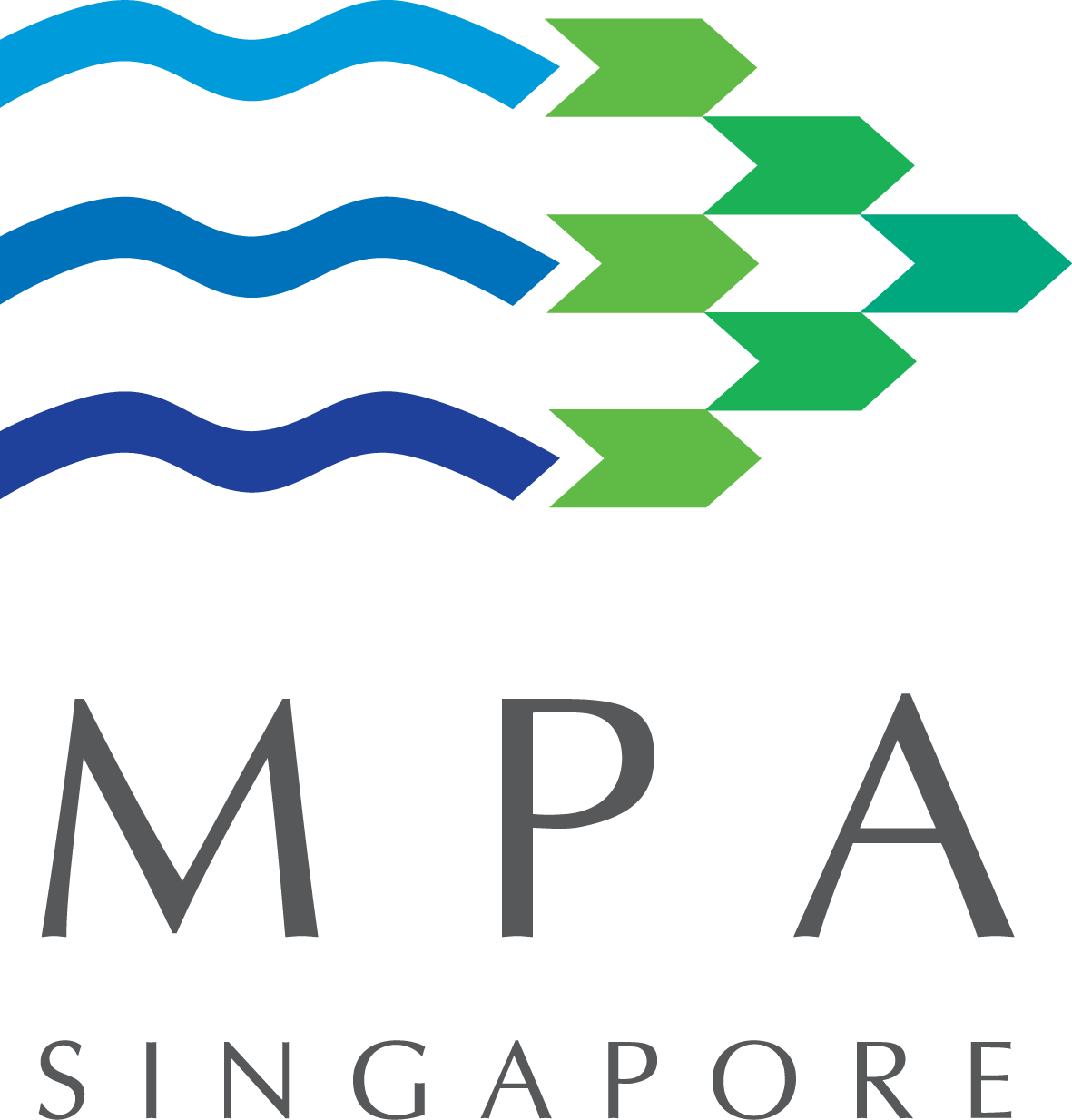Maritime and Port Authority of Singapore and International Energy Agency Collaborate on Maritime Energy Transition

The Maritime and Port Authority of Singapore (MPA) and the International Energy Agency (IEA) have signed a Memorandum of Understanding (MoU) to deepen the partnership between the two organisations and accelerate maritime decarbonisation and digitalisation. Singapore became an IEA Association Country in 2016. The MoU was signed by Mr Teo Eng Dih, Chief Executive of MPA, and Dr Fatih Birol, Executive Director of IEA, and was announced at the Singapore Maritime Week 2024.
2. In line with the goals of the International Maritime Organization (IMO) and international energy and climate targets, the MPA and IEA will collaborate to advance the development and transition to zero and near-zero emission fuels, technologies that support maritime decarbonisation, as well as digital technologies that support sustainability solutions.
3. The MoU will also enable the sharing of best practices across maritime and energy industries, support the adoption and transition of zero and near-zero emission fuels by these industries through capacity building training programmes, and contribute to relevant fuel-related projects and initiatives such as the IMO-Singapore NextGEN and NEXTGen Connect Initiatives1. The IEA will benefit from MPA’s networks and expertise as input to its analysis on global and regional development of hydrogen and hydrogen derivatives, and in turn will support broader knowledge and experience sharing by facilitating staff on loan from the MPA to IEA.4. Mr Teo Eng Dih, Chief Executive, MPA, said, “Greater international collaboration in maritime and energy industries is critical for international shipping to meet international decarbonisation goals. MPA looks forward to accelerating maritime decarbonisation and digitalisation with IEA, and supporting the work of the new IEA Regional Cooperation Centre to be established in Singapore.”
5. Mr Tim Gould, Chief Energy Economist, IEA, said, “Shipping is one of the hardest sectors to decarbonise and we need to spur development and deployment of new technologies to slow and then reverse the rise in its emissions. This will require strong collaboration at a national and international level. We are committed to a close partnership with Southeast Asia, as witnessed by the recent announcement of our new IEA Regional Cooperation Centre in Singapore, the IEA’s first office outside of its headquarters in Paris, France. We now warmly welcome this MoU as a major step forward in our cooperation with the Maritime and Port Authority of Singapore, a critical player in the region and the world, to improve access to low-emission fuels."
Footnote:
1 First established between the IMO and MPA in 2021, the NextGEN and NextGEN Connect initiatives aim to bring industry, academia, and global research centres together to offer inclusive solutions for maritime decarbonisation for implementation along shipping routes and supporting the capacity building and training of countries. They support the IMO’s Revised Strategy for the Reduction of Greenhouse Gas (GHG) Emissions from Ships, adopted in July 2023, and the IMO’s resolution MEPC.367(79), adopted in December 2022, on the facilitation of value chain collaboration through shipping routes and maritime hubs.
